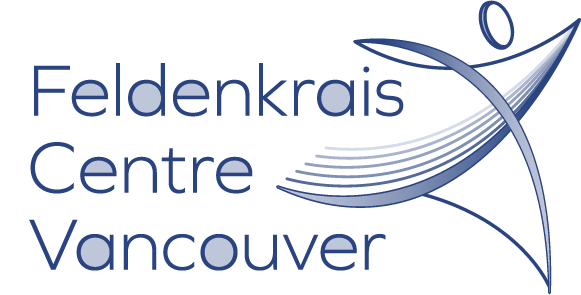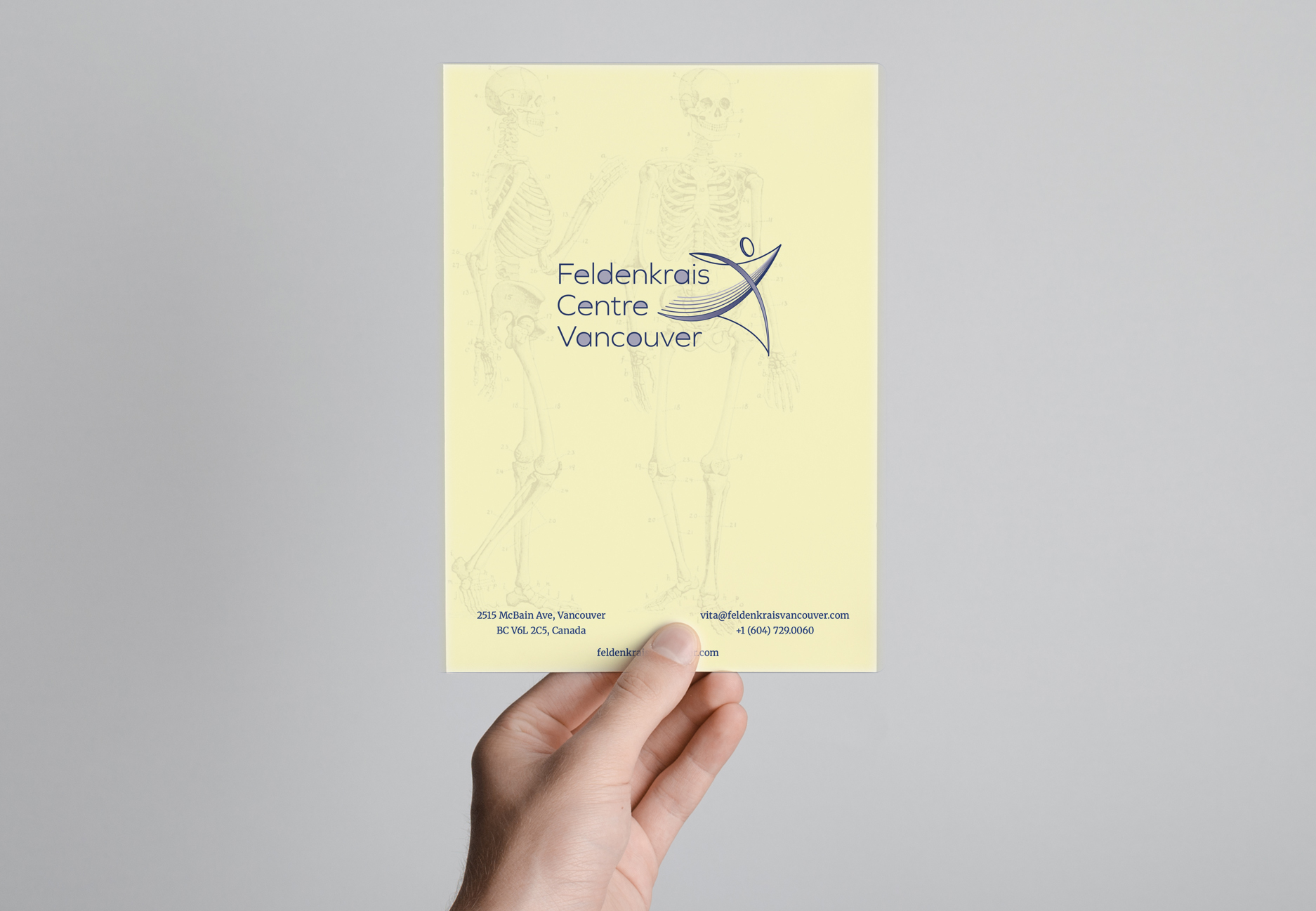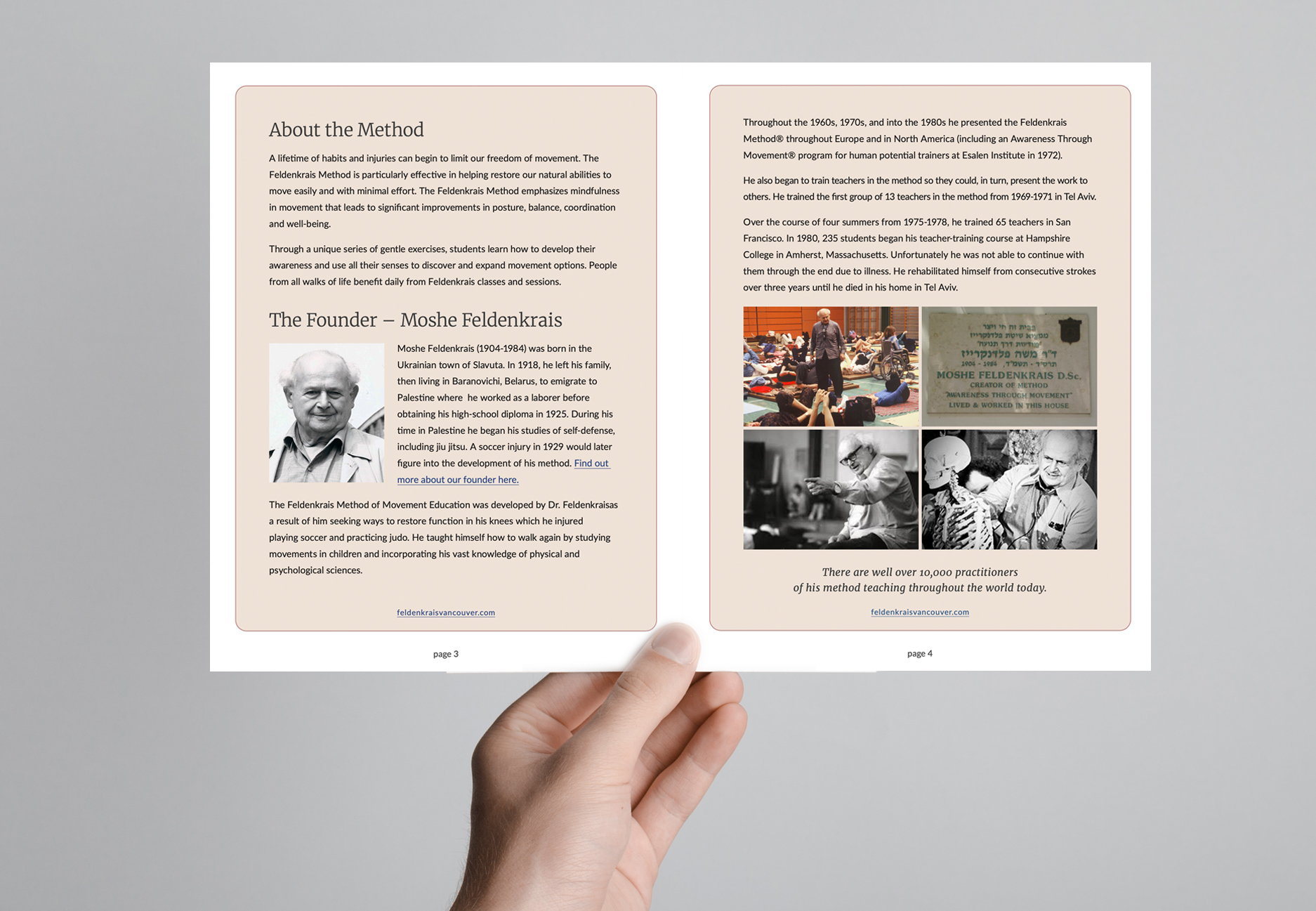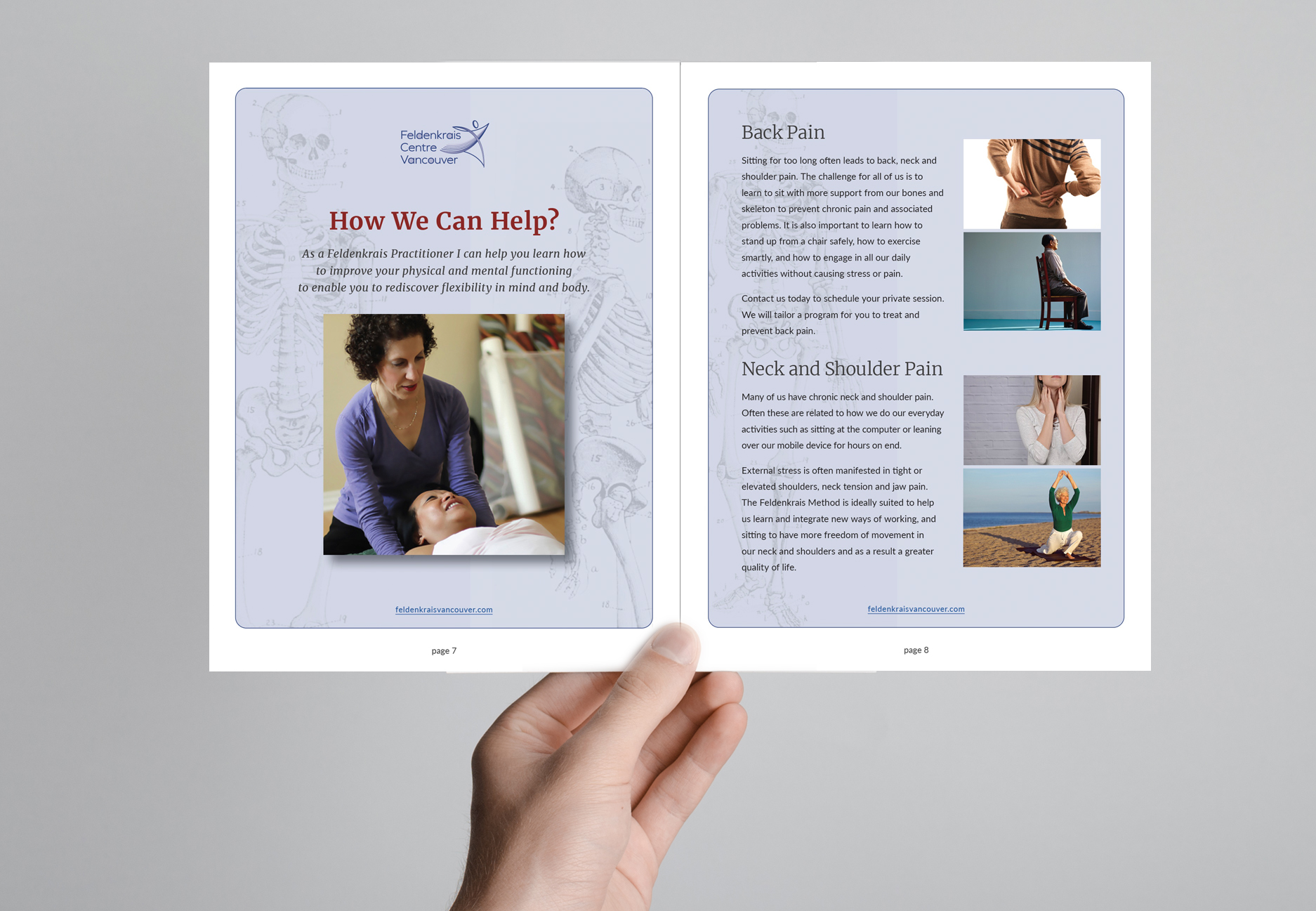What do you do when you have pain?
Many activities we do during the day have the potential to create discomfort or pain in our neck and shoulders.
Many people run off to a practitioner as soon as they experience pain, wanting someone to help them eliminate the pain. However pain can be a signal telling us that we are using our body in ineffective ways. We can use the experience of discomfort and tension to examine ourselves and to pay attention to how we are doing what we are doing. We all have tools we can recruit to help us self correct. Ultimately we can avoid pain by learning new ways of doing what we are doing.
For example, when you sit at your desk do you stare at the computer screen for a long time? Prolonged focus on the screen can create tension in your neck and and shoulders. In addition to taking frequent breaks consider where your shoulders are relative to your ears, whether you are tightening your jaw, holding your chest and neck sitff and how you are breathing.
When you work out at the gym do you thrust your chin forward while lifting weights? Do you pull through your neck when strengthening your abdominal muscles? Take a moment and pay attention to the length and organization of your spine – are there areas where you are rounding and shortening? Slow down and listen to how your whole body participates in each exercise.
While driving and doing a shoulder check do you turn your eyes only keeping your head and neck still, or do you turn your head and eyes primarily from your neck? Can you imagine turning using your whole spine? Try to visualize your tailbone, which is the base of your spine, while turning.
Often taking a moment to pay attention to how you are doing an action can provide a solution to doing it more easily. In Feldenkrais practice we use observation and experimentation with different means of doing elements of each action as learning tools for exploring different ways to do the things we know how to do.
A different focus from trying to fix a pain, only to have it come back again.
Because doing something the same way many times just gives us the same result many times.
We will address these issues, and more, at our next workshop. It is for anyone who experiences shoulder and neck discomfort as well as for anyone who wants to avoid discomfort; in other words for everyone! No prior experience in the Feldenkrais Method is required, just your curiosity and a desire to learn skills you can use to take care of yourself.



